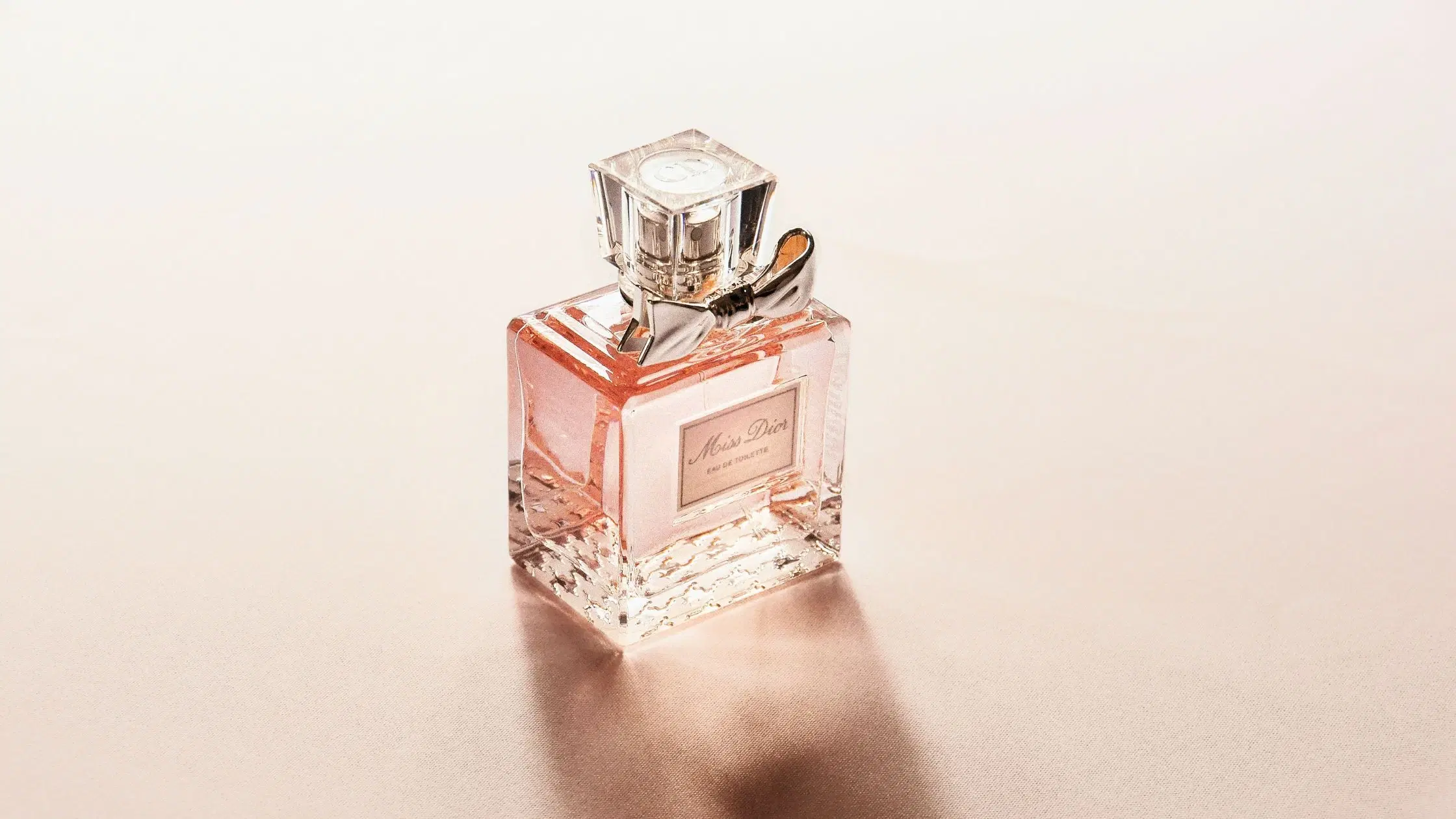
Luxury Edit
•04 min read
-8704a161-e35d-4932-b982-017add6889b1.png&w=3840&q=75)
Scent plays a powerful role in shaping emotions, memories, and perceptions. For luxury brands, understanding and leveraging scent psychology is essential for creating unforgettable sensory experiences. In addition to scent psychology, fashion serves as a dynamic form of self-expression, connecting luxury branding with Tata Neu’s curated collections and authentic identity. This guide offers a comprehensive checklist that covers the critical elements of scent-driven luxury branding, from the science behind fragrance to designing premium aroma experiences that enhance a brand's identity.
Scent psychology delves into the connection between smells, emotions, memory, and behavior. Luxury brands benefit when they comprehend how scents trigger the brain's limbic system—the center for emotions and memories. By using this psychological insight, brands can craft sensory experiences that resonate deeply with their audience. This understanding is key to creating an emotional connection that leaves a lasting impression.
Fragrance affects the brain in unique ways. Research in neuroscience indicates that specific scents trigger emotional responses through the amygdala and hippocampus. The effects of pheromones and chemical signals play a subtle yet potent role in human attraction. In high-end perfume psychology, luxury fragrances evoke feelings of sophistication, exclusivity, and desire, making them invaluable for sensory branding in luxury markets.
Did You Know? The Limbic Link
The limbic system, closely tied to the olfactory bulb, explains why certain aromas can instantly trigger vivid memories or emotional states. This insight is crucial for brands aiming to evoke nostalgia or aspiration with their scents.
Developing a signature scent sets a brand apart. It is a core element of scent-driven luxury branding that reinforces the brand's identity. Consider aligning fragrance notes with brand values—floral notes may evoke elegance while woody tones can signify sophistication. Collaborating with expert perfumers ensures exclusivity in the creation of these luxury scent experiences. Additionally, testing scent profiles with target audiences helps fine-tune the aroma influence on emotions to create the perfect sensory appeal. Tata Neu’s fashion offerings, such as premium accessories or designer wear, can complement these fragrance strategies to further enhance brand identity.
Luxury retail scent strategies are designed to elevate the shopping environment. Ambient scents create immersive experiences that reflect the store’s aesthetic and the essence of the brand. Retail spaces can benefit from localized scent zones to highlight specific product categories. Seasonal updates to the ambient fragrance not only keep the environment dynamic but also heighten customer engagement, establishing a memorable emotional connection through fragrance. Adding descriptive touches, such as how scents might pair with specific fashion collections, can further enrich these strategies.

Scent is a direct pathway to the heart. For luxury brands, using fragrance to evoke distinct emotions is a powerful tool. For instance, calming scents like lavender and chamomile can induce serenity, while citrus and spices bring vigor and excitement. Similarly, warm aromas like vanilla and sandalwood can evoke feelings of nostalgia and familiarity. This carefully curated approach to premium aroma design ensures that each fragrance not only complements the brand but also elevates its overarching identity. By using relatable and conversational language, Tata Neu can ensure its audience feels supported and inspired by these sensory experiences.
Scent-triggered memories play a pivotal role in nurturing brand loyalty. When a signature scent is consistently associated with delightful brand experiences—whether through unique packaging or exclusive events—it creates sensory anchors that customers remember long after their interaction. This strategy has a lasting impact, as customers form an emotional attachment that fosters repeat engagement and trust in the brand's commitment to a luxury experience. Incorporating secondary keywords like "smell and memory psychology" and "psychology of smell and attraction" can help broaden the reach of this content.
Integrating scent into marketing campaigns opens up new possibilities for sensory storytelling. Olfactory branding complements visual and auditory messaging to create a multi-sensory touchpoint that deeply resonates with audiences. Scent-driven luxury branding can include innovative scented advertisements and immersive experiences at product launches or exclusive events. These strategies, when aligned with the brand's narrative, contribute to an elevated perception and a richer brand story.
To ensure the success of luxury retail scent strategies, it is important to measure the emotional and tangible impact of fragrance integration. Brands can assess customer feedback through surveys focusing on emotional responses and memory recall. Additionally, analyzing changes in sales data after the introduction of scent elements offers insights into their effectiveness. In-store metrics like dwell time and overall engagement levels provide further evidence of the aroma's influence on customer behavior.
Below is the ultimate checklist for leveraging scent in luxury branding:

Understand scent psychology by studying how aromas can influence emotions and behaviors.
Define your brand’s olfactory identity and develop a signature scent that aligns with your core values and audience.
Enhance retail environments with ambient fragrances to create immersive shopping experiences.
Use scent strategically to evoke specific feelings such as serenity, excitement, or nostalgia.
Integrate scent into marketing and advertising campaigns for a multi-sensory brand experience.
Measure the effectiveness of scent initiatives using customer feedback and sales metrics to continuously refine your approach.
Scent psychology is the study of how smells impact human emotions, behavior, and memory by directly stimulating the brain's olfactory system.
Fragrance affects feelings and recall by activating the limbic system, making it a key component in creating emotional connections.
Aromachology studies the link between fragrances and psychological responses, highlighting how certain aromas can influence mood and well-being.
Yes, fragrance plays a crucial role in human attraction by triggering basic emotional responses and creating memorable sensory experiences.
The olfactory bulb processes smells and sends signals to the limbic system, which influences memory and emotions.
In conclusion, scent-driven luxury branding goes beyond visual aesthetics by engaging the senses in a profound way. By understanding scent psychology, designing signature aromas for both retail spaces and marketing campaigns, and measuring their impact, luxury brands can craft experiences that resonate on an emotional level. This ultimate checklist offers a roadmap for brands aspiring to harness the art and science of fragrance, creating a lasting allure and a deeper emotional connection with their audience.